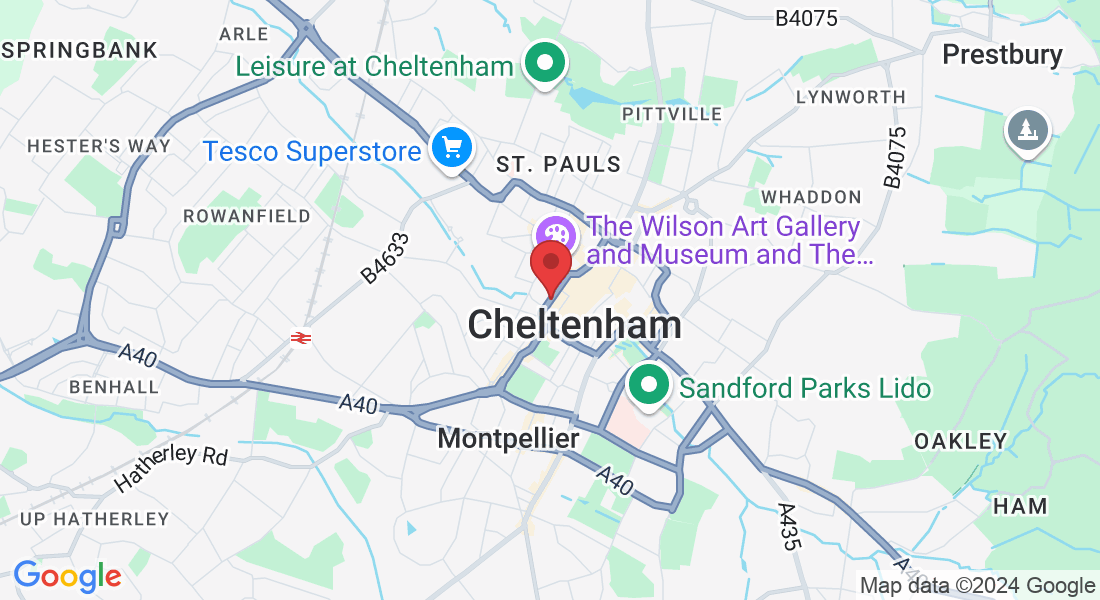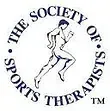Personalised Sports Therapy
Experience tailored treatments designed just for you. Our personalised care plans prioritise your unique needs, ensuring the best path to recovery and wellness.
About
Your Trusted Sports Therapists
Welcome to our sports therapy company, where we apply the biopsychosocial model of health to the prevention, treatment, and rehabilitation of sports-related injuries. Developed by George Engel, this model recognises that health is not solely determined by biological factors, but also by psychological and social factors.
At our company, we believe in taking a holistic approach to sports therapy, recognising the interplay between an persons physical, psychological, and social well-being. Our team of experienced sports therapists combines their knowledge of anatomy, physiology, psychology, and nutrition to provide a comprehensive approach to injury prevention, assessment, and treatment.
Service
What Services We Offer
Comprehensive Rehabilitation
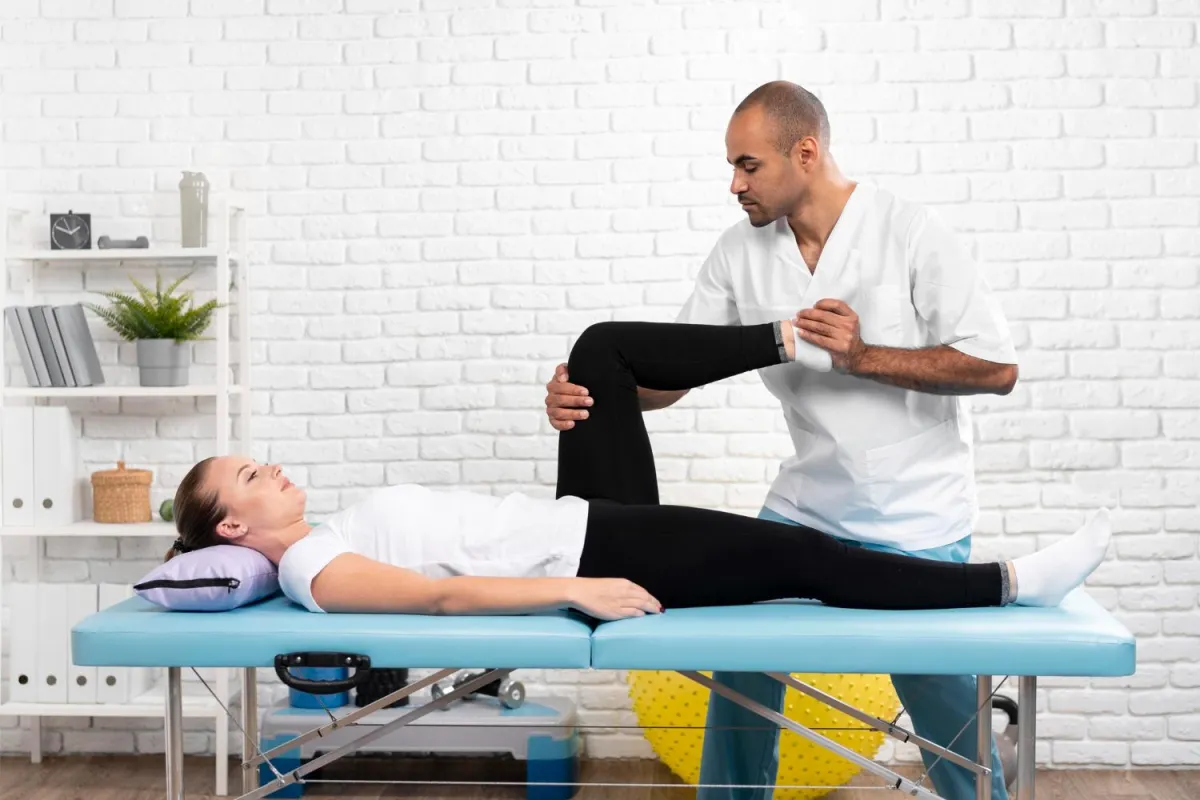
I provide a holistic approach to sports injury treatment, combining rehabilitation exercises and massage therapy to aid recovery. My programs are designed to strengthen weakened areas, restore mobility, and enhance overall function. Whether it’s a minor injury or a complex condition, the treatment is customised to accelerate recovery and improve performance..

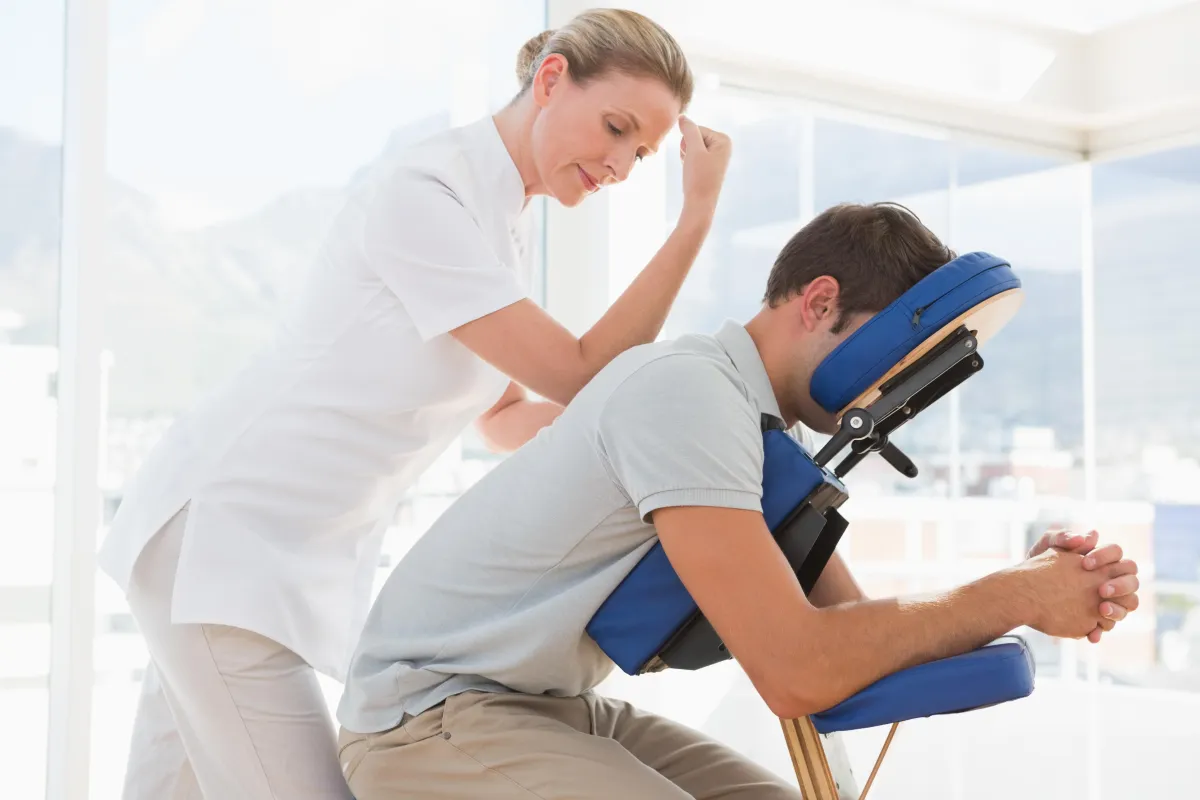
Joint Mobilisation & Pain Relief

Joint mobilisations are a core component of my therapy, aimed at improving flexibility and relieving stiffness. These techniques, paired with effective pain management strategies, help reduce discomfort and expedite the healing process. The goal is to restore functional movement and get you back to your routine with minimal pain.
Tailored Rehabilitation Plans
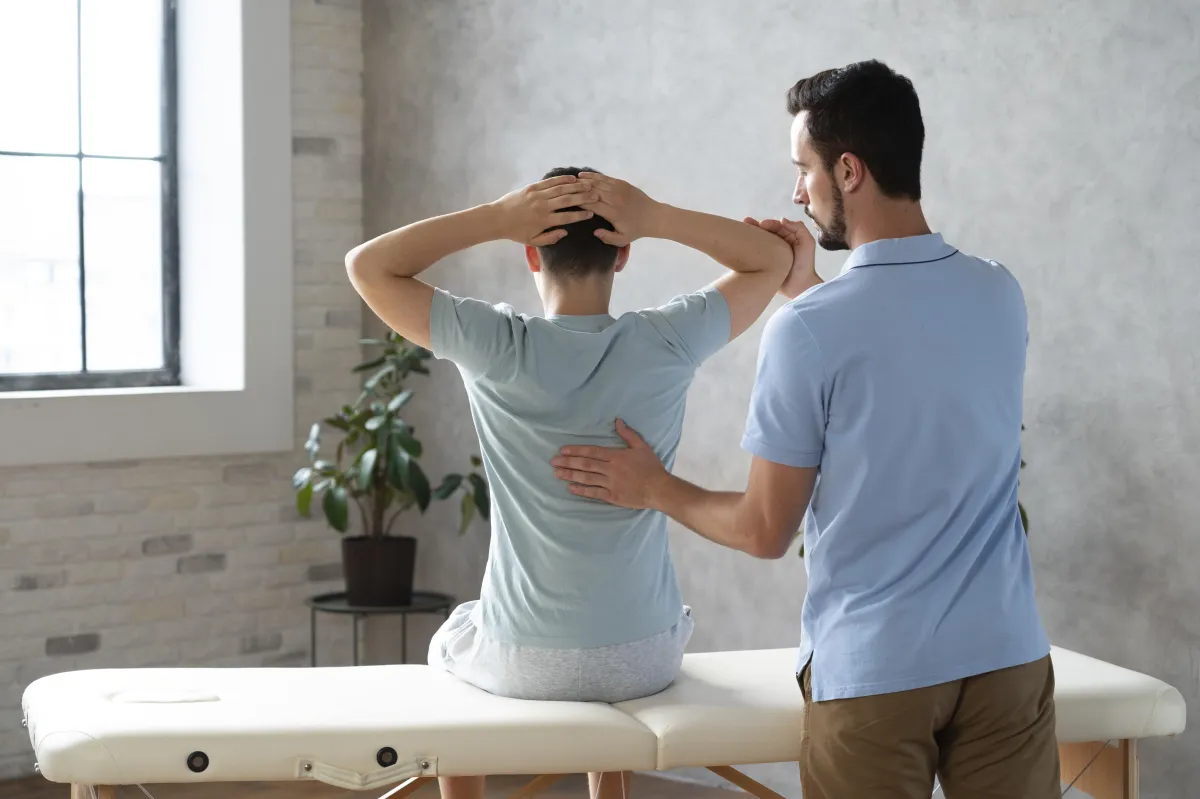
Every injury and individual is different, so I create personalised rehabilitation plans based on your specific needs. The plan includes a combination of exercises, therapies, and lifestyle advice to ensure a safe and effective return to activity. Regular assessments and adjustments are made to ensure optimal progress.

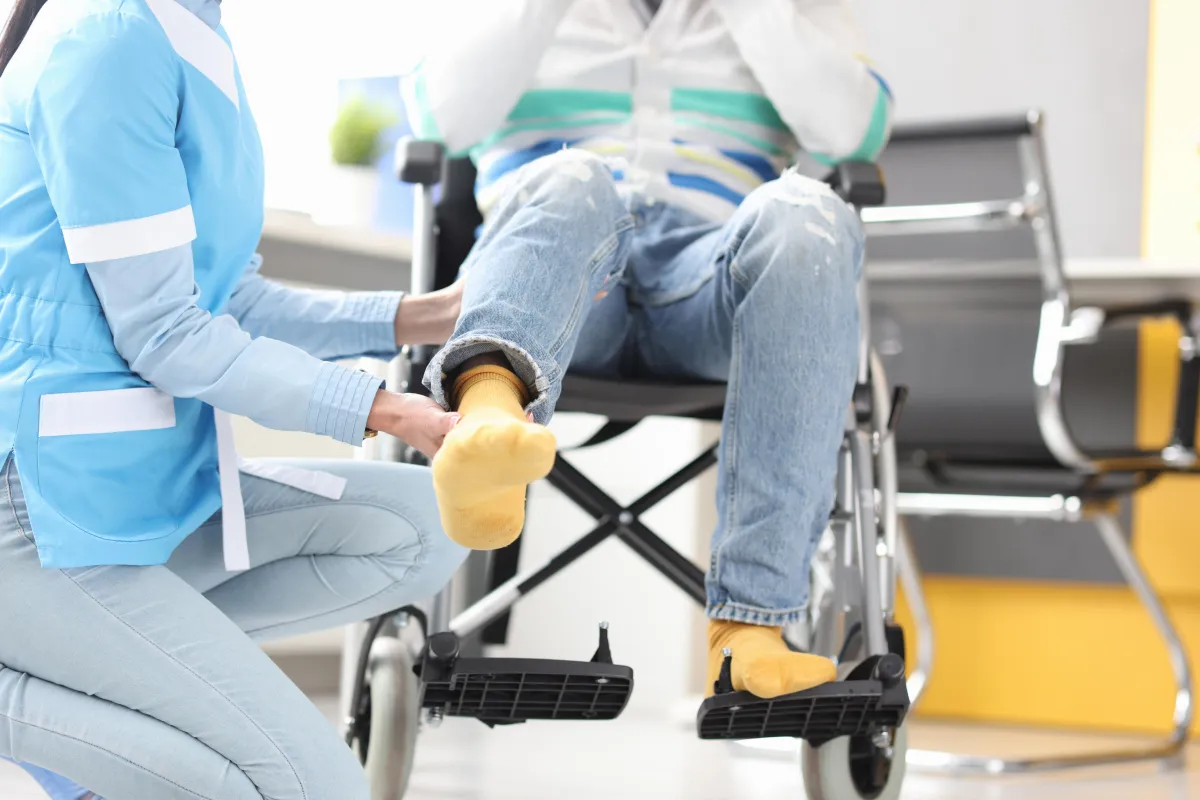
Injury Prevention & Long-term Care

Prevention is key to sustained athletic performance. I provide expert advice on injury prevention strategies, focusing on strengthening weak areas, improving posture, and maintaining flexibility. Long-term care solutions are also offered to help you stay injury-free and continue performing at your best, both on and off the field.
Mrs K, Gloucestershire

Paul provided a safe and caring environment where I was able to understand my emotions and move forward in my life.
Mr J, Oxfordshire

I would recommend counselling to everyone. It has really helped me with my life. Thank you Paul.
FAQS
What conditions can Sports Therapy help with?
Sports therapy can help with a wide range of musculoskeletal conditions, from acute injuries to chronic pain. Common conditions include sprains, strains, and ligament injuries, as well as joint issues like shoulder impingements, knee pain, and ankle instability. It also addresses overuse injuries such as tendonitis, shin splints, and stress fractures. Sports therapy is beneficial for post-surgery rehabilitation, helping to restore strength, flexibility, and mobility. Additionally, it aids in managing chronic conditions like arthritis and lower back pain, improving function and reducing discomfort. The therapy supports injury prevention, recovery, and long-term performance improvement.
Is Sports Therapy safe, and are the adjustments painful?
Sports therapy is generally very safe when conducted by a qualified professional. The treatments and techniques used, such as massage, joint mobilisation, and strengthening exercises, are tailored to each individual's condition and tolerance levels, ensuring a safe approach to recovery. While some discomfort may be experienced during certain treatments, especially when addressing tight muscles or joint stiffness, the goal is never to cause pain. The therapist will adjust techniques based on your feedback to minimise discomfort. Any soreness after a session is typically mild and temporary, similar to the feeling after a workout, and it often signals that your body is responding to the treatment.
How many sessions will I need to see results?
The number of sessions needed to see results from sports therapy varies depending on the nature and severity of the injury, as well as individual factors like age, fitness level, and how well the body responds to treatment. For minor injuries, you may begin to notice improvements after just a few sessions, often within 3 to 5 visits. More complex or chronic conditions, such as long-term injuries or post-surgical rehabilitation, might require ongoing therapy over several weeks or even months. Your therapist will regularly assess your progress and adjust your treatment plan accordingly, aiming for consistent, gradual improvements while guiding you through a tailored recovery process.
Get In Touch
Email: [email protected]
Phone: 07548 433893

